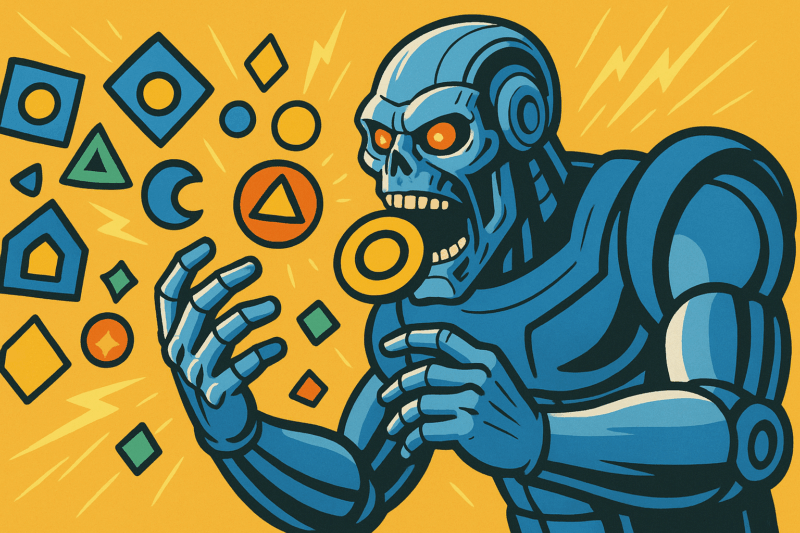
"Nobody wants to admit that the web we built for humans is actively hostile to machines. Your beautiful parallax scrolling? Invisible to AI. Your clever marketing copy? Confusing noise. Your immersive brand experience? A wall of meaningless HTML. Machines read like sociopathic speed readers. They want facts, structures, clarity. They strip away everything you spent years perfecting and scan the skeleton underneath."
"The ghosts of disruption past Radio executives thought podcasts were just "radio on demand." Same playbook, new delivery method. Turns out intimacy doesn't scale the same way as mass broadcasting. Oops. Desktop web designers thought mobile was just "smaller screens." Same layouts, cramped real estate. Thumbs don't work like cursors. Double oops. Now we're watching the sequel: web strategists thinking AI is "another search engine." Same SEO tricks, different algorithm. Spoiler alert: This one ends worse."
Two decades of web best practices optimized for human attention now hinder machine readers that increasingly drive discovery and distribution. Past disruptions show similar misjudgments: radio treated podcasts as on-demand radio, and desktop designs treated mobile as smaller screens, producing poor outcomes. Machines prefer concise facts, clear structure, and semantic clarity; they ignore decorative layouts, marketing flourishes, and immersive HTML that lack explicit signals. The shift fuels concerns about automated content ecosystems and the "dead internet" idea that AI-generated content dominates. Emerging responses include proposals like llms.txt and publisher-led controls, while platforms explore new publishing models oriented to algorithmic consumption.
Read at MarTech
Unable to calculate read time
Collection
[
|
...
]